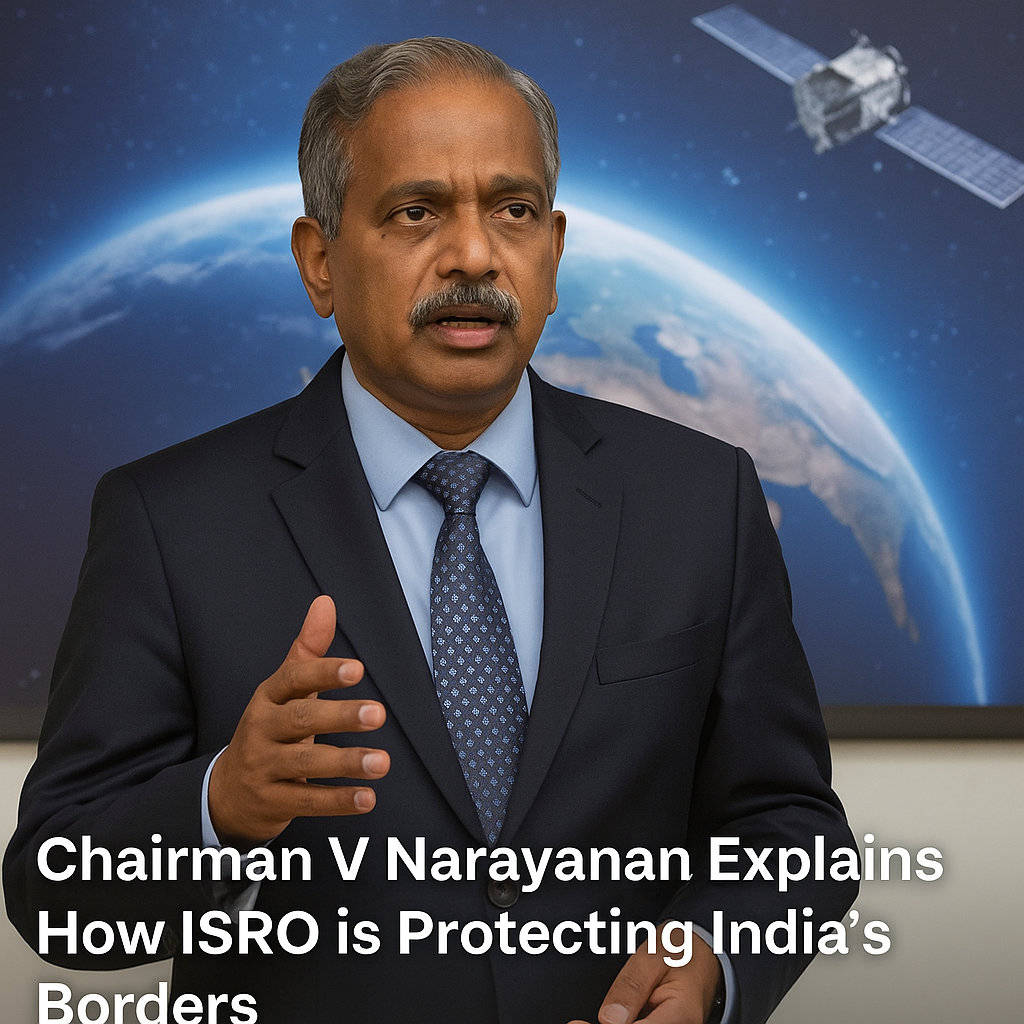India is on an exciting journey to become a key player in the global space industry. Rather than competing directly with established giants like SpaceX, India is focusing on smaller, more cost-effective space solutions as part of its comprehensive strategy. This approach aims to leverage its strengths in data analysis, satellite technology, and low-cost launches. The Indian government has set ambitious goals to tap into the growing market for commercial space, which is projected to be worth over $14 billion in the coming years. By implementing a well-defined strategy that prioritizes innovation and efficiency, India is positioning itself as a formidable competitor in the rapidly evolving space sector.
The Shift Towards Small Satellites: India’s Strategic Approach
In recent times, the trend in satellite technology has dramatically changed. Gone are the days when satellites were as big as a Boeing airplane. Today’s satellites are often the size of a laptop. This transformation makes launching and managing satellites much cheaper and easier. Indian officials believe that this shift plays into India’s hands because the country has a rich history in data mining and interpretation.
India’s strategy focuses on developing small satellites and providing vital data services in sectors like communications, agriculture, and commodities. By employing a strategic approach that emphasizes high-quality data, India aims to supply these essential services at a lower cost. The plan includes using smaller rockets to launch these satellites into orbit, significantly reducing costs and making it easier to deploy various services.
The Indian government has allowed private enterprises to operate in the space industry since February. It has created a venture fund worth 10 billion rupees (approximately $119 million) to support innovative startups in the space industry. This investment is crucial for building a thriving ecosystem that encourages competition and technological advancements as part of India’s overall strategy to become a leading player in the commercial space market.
Growth in Downstream Data Applications
It is anticipated that downstream data applications will account for the majority of India’s space sector income growth. These applications involve analyzing data collected from space to improve various aspects of life on Earth. For example, farmers can use satellite data to increase crop yields, which helps ensure food security. Similarly, navigation systems can be enhanced using this data, making it easier and safer for people to travel.
The Indian Space Research Organisation (ISRO) has recently completed the final developmental flight of its Small Satellite Launch Vehicle (SSLV). The purpose of this rocket is to effectively launch tiny satellites. Once finalized, the design will be handed over to private companies, who will be able to launch satellites for various applications.
In practical terms, companies in India are already harnessing satellite technology to solve real-world problems. For instance, some firms provide real-time satellite data to improve air traffic management. This data helps airplanes avoid dangerous weather conditions, which can lead to significant cost savings for airlines. One project is expected to save around 37.5 billion rupees ($446 million) in fuel costs annually.
Rising Competition and Market Dynamics
India’s space strategy faces challenges, as several other countries, including Japan and China, are also advancing their space capabilities. These countries have established space industries and are pursuing low-cost launch options. The global landscape for spaceflight is competitive, and many startups worldwide have faced failures in launching rockets and satellites.
However, India has a distinct advantage in software and data sciences. The country is known for producing some of the brightest minds in these fields, which are crucial for the success of space-related businesses. The potential for the space downstream market largely depends on software applications that can effectively use satellite data to solve various challenges.
India’s Strategy for Positioning in the Global Space Market
With the government’s backing, many companies have jumped into the space race. Large IT firms are investing in satellite imaging, and smaller companies are launching their satellite projects. These collaborations show a growing interest in space and its applications across different sectors.
Despite the positive trends, India currently holds only about 2% of the global market share in commercial space activities. Most demand for satellite services comes from international clients, which shows that India still has a long way to go to establish itself as a leader in this field. Established companies from the U.S., Russia, and China remain formidable competitors.
India is carving out a unique space in the commercial space market by focusing on cost-effective solutions and leveraging its strengths in data analysis and small satellite technology. This strategy is pivotal as it positions India to meet the diverse needs of the global market. With ongoing investments and a supportive government policy, this strategy holds promise for the country’s aspirations in the vast expanse of space.




